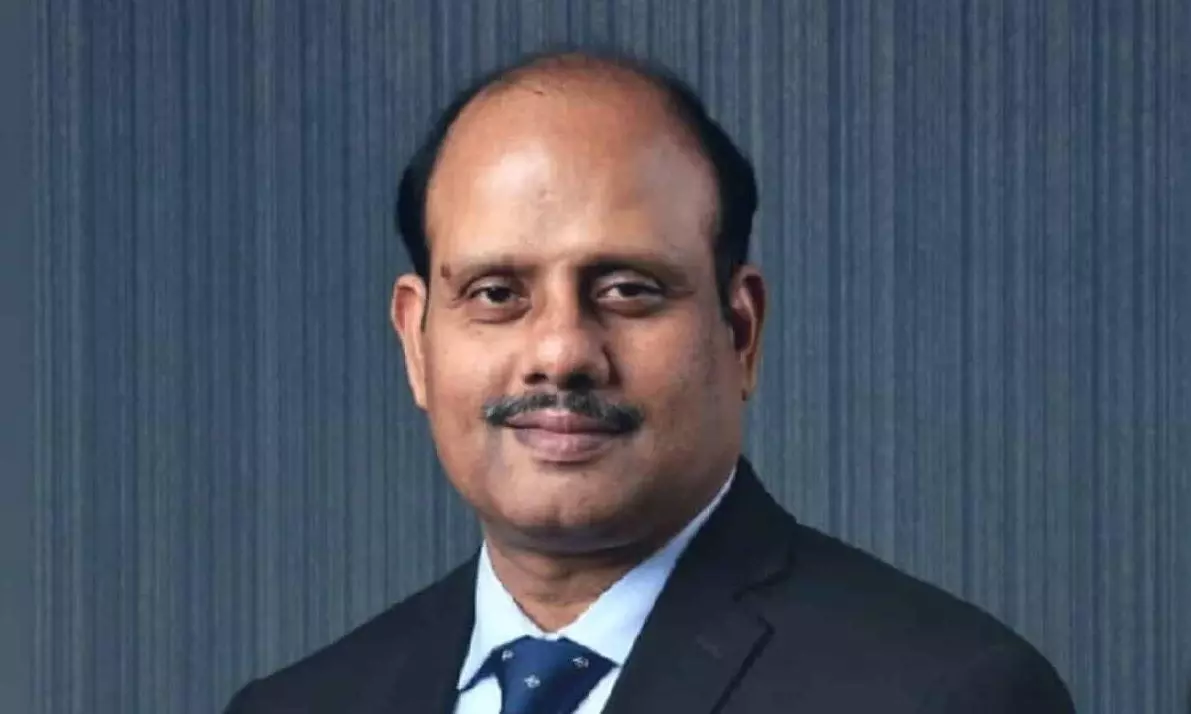Addressing Regional Disparities in Access to Credit Critical for Sustainable Agriculture

Mumbai: Even as institutional credit for agriculture has grown at an all-time high, regional disparities persist, said Swaminathan J, deputy governor of, Reserve Bank of India (RBI).
Speaking at the International Research Conference hosted by the College of Agricultural Banking last week, the speech of which was uploaded by the central bank on Monday, Swaminathan said, “A concerted focus on addressing regional imbalances, enhancing credit access, and integrating value chain financing is crucial for a more sustainable and resilient future for Indian agriculture."
Institutional credit to agriculture reached an all-time high of Rs 25.10 lakh crore during 2023-24, reflecting the importance of financing in driving agricultural growth. Approximately 7.4 crore active Kisan Credit Cards have emerged as vital tools for providing timely and flexible credit, especially for short-term needs.
“However, addressing regional disparities in access to credit remains critical. If we can ensure that all farmers, irrespective of their location, have access to adequate and timely financing, we will be better positioned to address the challenges of sustainability and resilience in agriculture,” he said.
The central banker highlighted five solutions namely role of collectives such as Farmer Producer Organisations (FPOs), financing value chain and warehouses; technology adoption, capital formation through convergence with government schemes and leveraging technology that could go a long way in addressing the issue of financing sustainable agriculture. In addition, crop insurance products that cover weather-related risks and blended finance models—where public funds are used to leverage private investments—could be instrumental in providing the necessary capital for sustainable transitions. “This would not only mobilise resources from multiple sources but also distribute the risks and returns more equitably,” he said.
